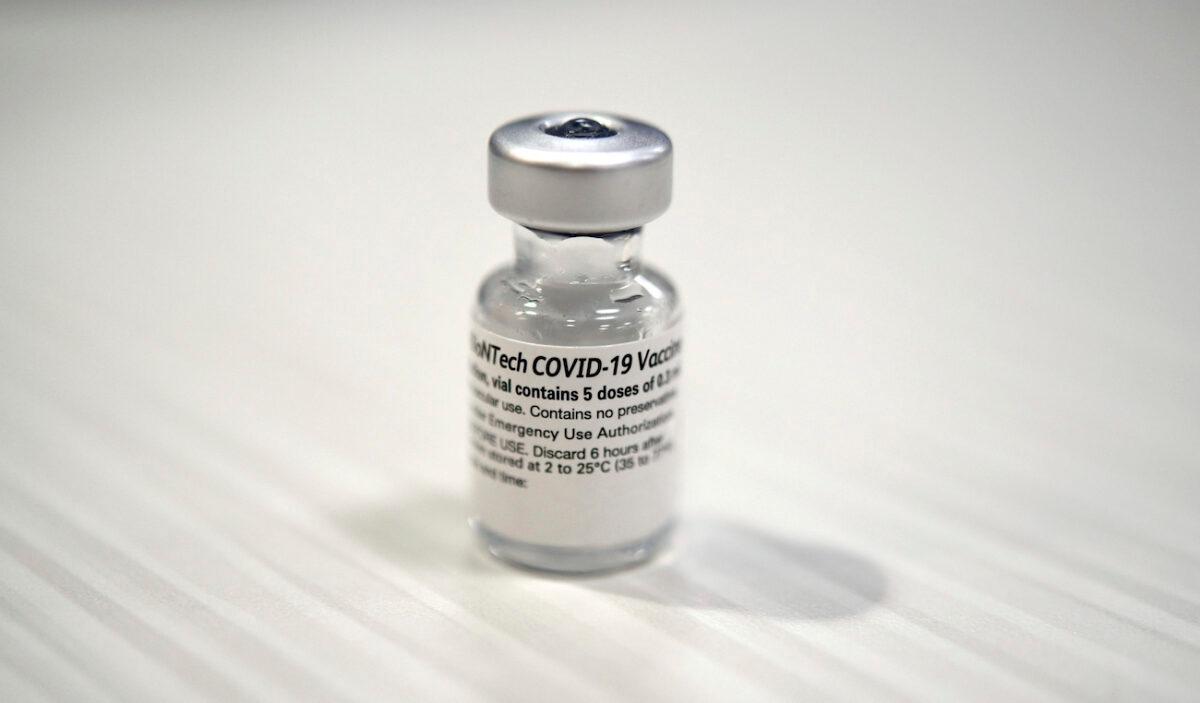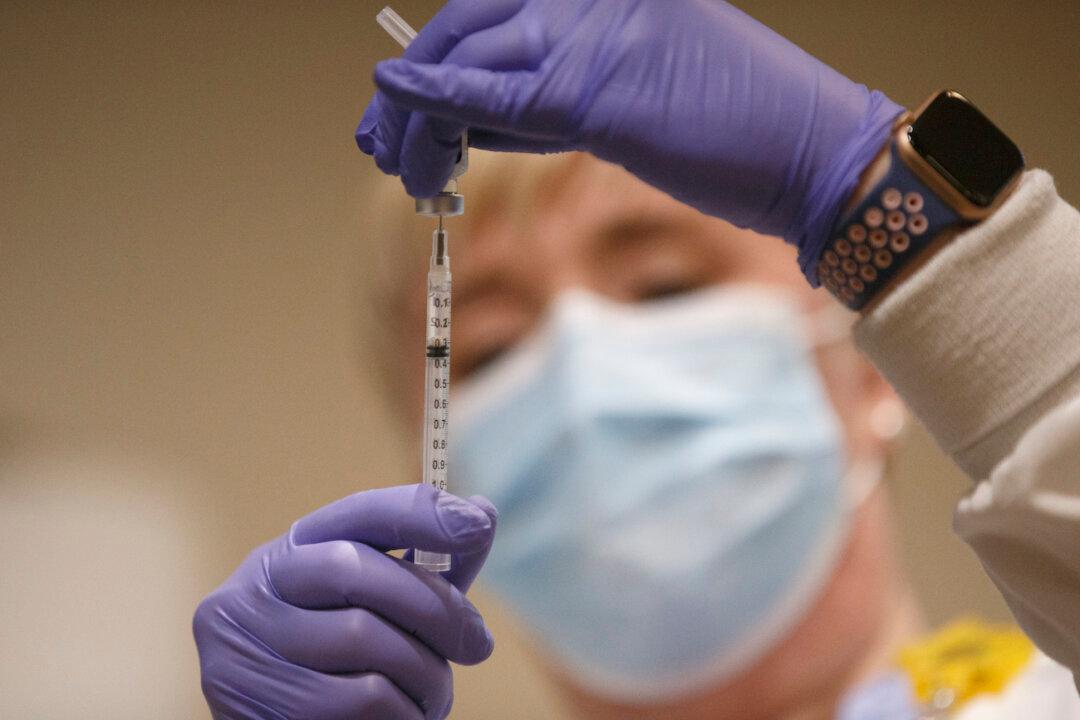Two health care workers in Alaska suffered reactions, one of which was serious, after receiving the newly approved COVID-19 vaccine. One Bartlett Regional Hospital worker, a middle-aged woman, had adverse reactions about 10 minutes after receiving the vaccine, the hospital said Wednesday. The woman received the vaccine on Tuesday. Soon after, she started showing signs of an anaphylactic reaction, with “increased heartbeat, shortness of breath, and skin rash and redness,” the hospital said in a statement. The woman was given epinephrine, a medication that can treat allergic reactions, and Benadryl, admitted to the hospital, and put on an intravenous epinephrine drip. Officials said the woman, who was not identified, had no history of allergies or adverse reactions to vaccines. Lindy Jones, the director of the hospital’s emergency department, said that the reaction was serious but not life threatening. The worker will stay another night under observation, according to the hospital, which said she “is still encouraging her colleagues to get the vaccine.” The second affected worker showed symptoms of eye puffiness, light-headedness, and scratchy throat after receiving the vaccine. He was given epinephrine, Pepcid, and Benadryl. He “felt completely back to normal within an hour” and was released from the hospital. “He too does not want his experience to have a negative impact on his colleagues lining up for the vaccine,” the hospital said. Both incidents were reported to the Centers for Disease Control and Prevention’s (CDC) Vaccine Adverse Event Reporting System database.





